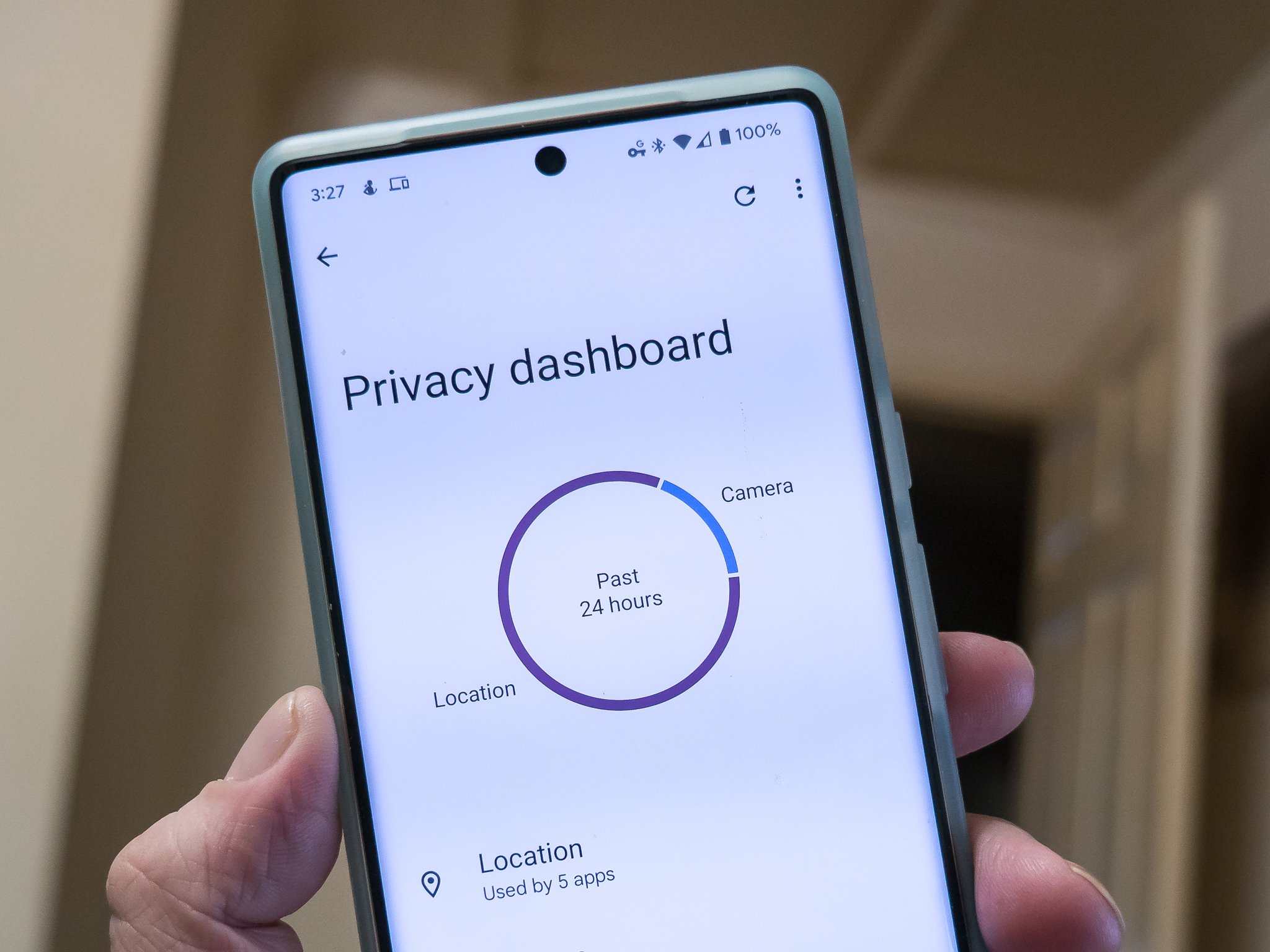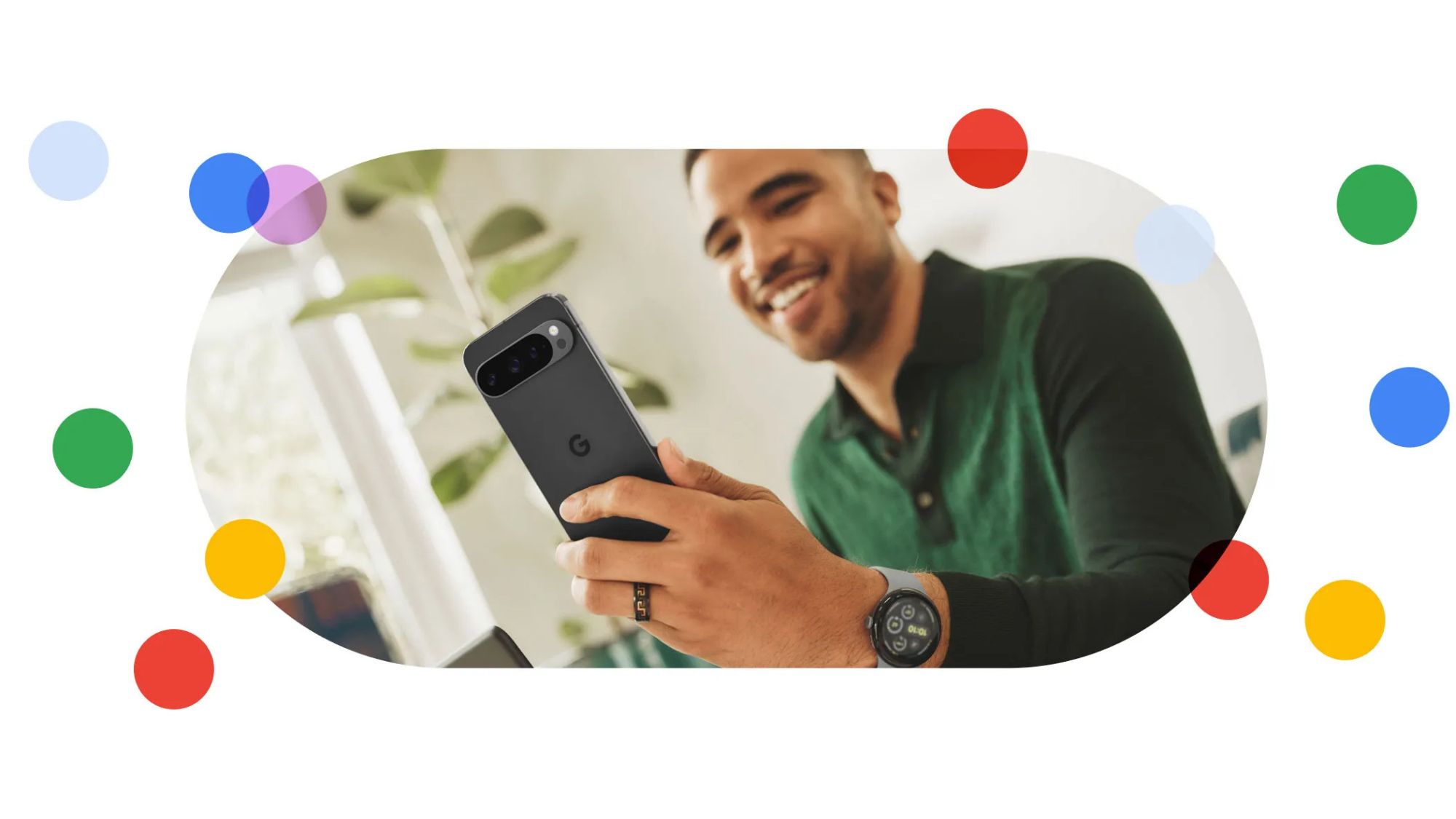Google bashes Apple's ad policies while promising to end cross-app tracking

What you need to know
- Google announced its new Privacy Sandbox initiative, which will update Google's ad policies over the next two years.
- Google claims its Sandbox will limit 3rd-party user data and covert data collection while still offering targeted ads.
- The statement suggested that other platforms like iOS have had an "ineffective" approach by prioritizing blanket privacy at the expense of advertisers.
- Google recently received regulatory approval in the UK for this initiative.
Just a few days after receiving UK regulatory approval for its new initiative, Google officially announced its new Privacy Sandbox for Android on Wednesday. It's a "multi-year initiative" that will "limit sharing of user data with third parties and operate without cross-app identifiers, including advertising ID."
Essentially, Google wants eliminate "covert data collection" and secret ad profiles of its Android customers, while still offering targeted advertising so free apps remain profitable. According to Google, the new mobile privacy push threatens to derail the entire Play Store system, where "over 90% of the apps" are free.
In a completely unsubtle reference to Apple, Google noted how "other platforms have taken a different approach to ads privacy, bluntly restricting existing technologies used by developers and advertisers" and claims this approach is "ineffective."
Referencing a blog post written by former Apple employees claiming Apple's App Tracking Transparency doesn't actually prevent third-party tracking connection attempts, Google suggests its privacy approach will be better.
Google has pushed various solutions for this problem, including the cookie-replacing FLoC ads and its Topics API. But following advertisers' negative reaction to FLoC, Google plans to use Privacy Sandbox to regularly float its new ideas directly to advertisers and solicit feedback, avoiding another public failure.
Whatever happens with the Privacy Sandbox, Google's current ad standards will remain in place for at least two years. So any eventual changes will likely skip Android 13 and 14. But it will release a beta for its new advertising program "by the end of the year," and could quickly make its way to Chrome on Android phones in some form soon.
Have you listened to this week's Android Central Podcast?
Be an expert in 5 minutes
Get the latest news from Android Central, your trusted companion in the world of Android

Every week, the Android Central Podcast brings you the latest tech news, analysis and hot takes, with familiar co-hosts and special guests.

Michael is Android Central's resident expert on wearables and fitness. Before joining Android Central, he freelanced for years at Techradar, Wareable, Windows Central, and Digital Trends. Channeling his love of running, he established himself as an expert on fitness watches, testing and reviewing models from Garmin, Fitbit, Samsung, Apple, COROS, Polar, Amazfit, Suunto, and more.
